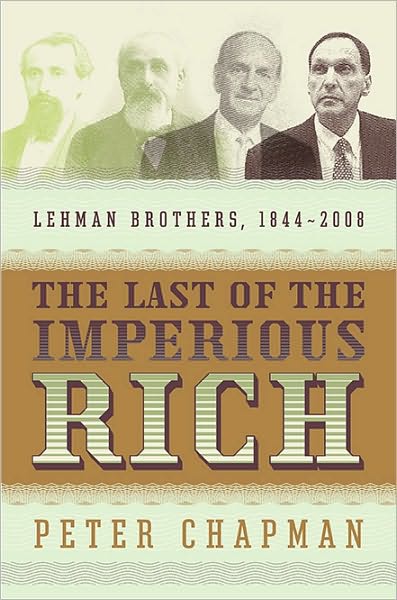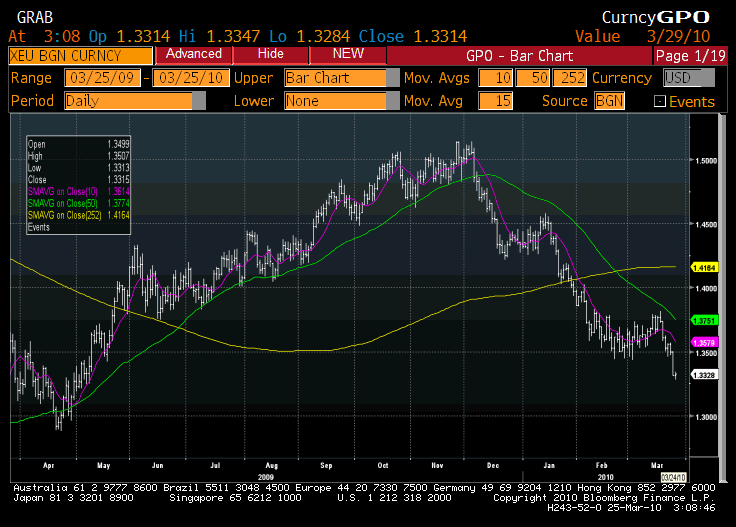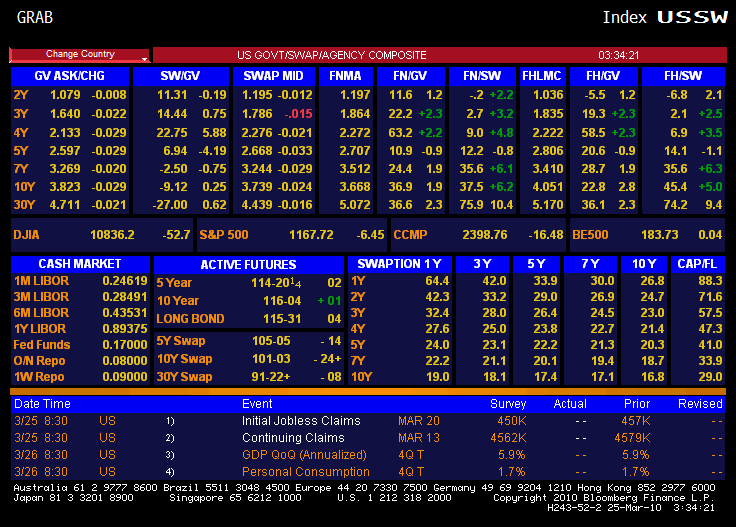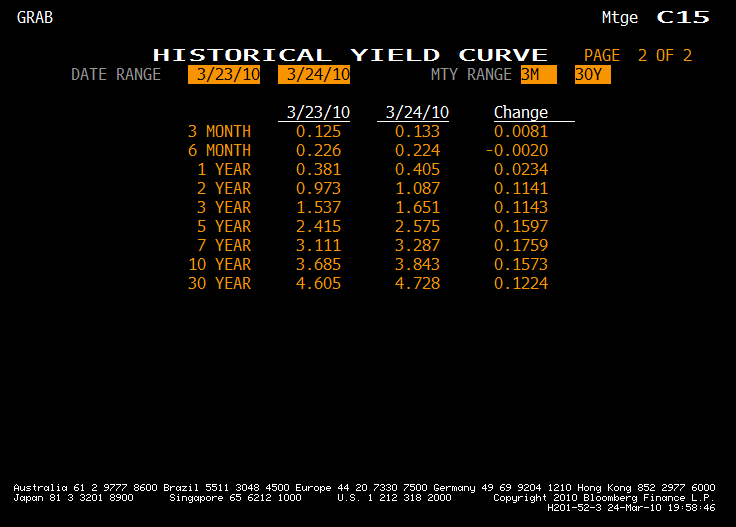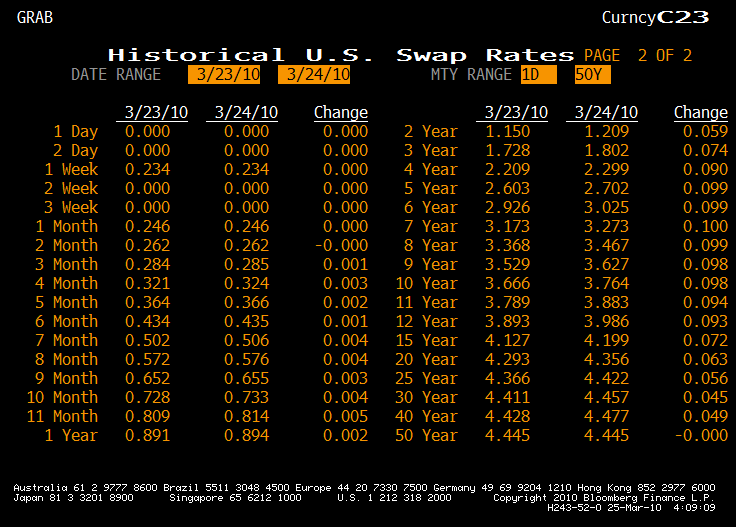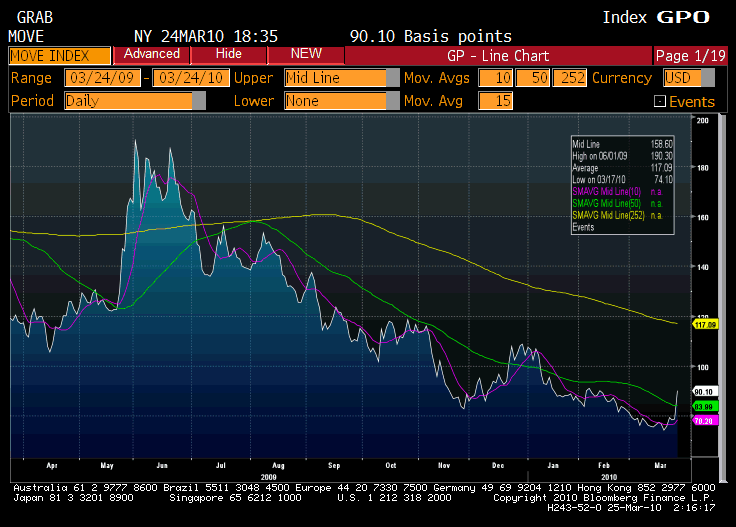Book Review: The AIG Story
I am biased on AIG.? It was never as good as proponents of its past have said.? But it was not as bad as current detractors allege.
AIG went through several eras, some of which are barely covered by this book.? There was the secular growth era, which existed from the beginning until the late 1980s.? It was easy to continue to grow in P&C businesses in the US until then.? After that growth would have to come from other ideas:
- Life insurance in the US and abroad.
- Foreign P&C insurance
- Aircraft leasing
- Asset management
And so, AIG moved from being primarily a US P&C insurance company to being a behemoth, big in life and P&C everywhere, as well as aircraft leasing and asset management.
Other Books on AIG
If you are reading this book, you ought to also read Fallen Giant. and Fatal Risk.? Excellent books both, but they cover different aspects of AIG.? Fallen Giant focuses more on the development of AIG by the founder Cornelius Vander Starr.? It spends relatively little time on the fast growth era which was the start of Greenberg tenure as CEO.
Fatal Risk focuses on the diversification era under Greenberg’s era, when AIG was so big in US P&C insurance that they began diversifying into risks that had more capital markets exposure — Life, annuities, derivatives, airline leasing, commodities, and asset management.
All three of the books spend disproportionate time on the failure of AIG, which is kind of a shame, because the failure was the simplest part of the story.
- No risk controls because Greenberg was ousted.? That said, risk control should be institutionalized, not personalized.? That was Greenberg’s fault.? No one man should be in charge of risk for a whole company.
- Too much subprime and other mortgage risk spread through the whole organization. (Investments in the life companies, securities lending, derivatives, direct lending, mortgage insurance, etc.)
- True leverage was understated on the GAAP financials.
Notable Information
One aspect of AIG that The AIG Story tells is how AIG became a single company.? There were many minority interests, and when Greenberg was a new CEO he bought all of them in.? That decision allowed the company to focus, and not be concerned with minority interests.
In two breezy pages (122-123) we get Greenberg’s take on how he built his life insurance business, buying SunAmerica (1998) and American General (2001).? An aggressive company buys two more aggressive companies, overpaying in the process.? There should be no surprise why AIG’s stock price was basically flat from 1999 to 2007.? Greenberg overpaid for life insurance companies he did not understand.? He was a P&C guy, and did not get how life insurance companies worked.? He saw two aggressive companies willing to sell at exorbitant prices, and paid up.? Culturally, they fit, but buying overpriced assets always takes its toll.
Not mentioned is the debacle that was the attempt to take over The Equitable in 1991.? AIG assumed that a New York company would have a distinct advantage versus AXA, a French company that was the eventual buyer.? AIG made the following errors:
- Scared Equitable’s management team into the arms of AXA, who would treat them well.? Yes, Equitable’s management team was incompetent, and needed to be shown the door, but you didn’t have to tell them that directly.
- Assumed that the Real Estate portfolio would not rebound.
- AIG offered to buy The Equitable for very little, while AXA offered $1 billion of funny money, surplus notes and convertible debt.? Strange, but the funny money was worth more than almost nothing.
Unlike the purchases of SunAmerica and American General, the purchase of The Equitable would have been cheap.? Very cheap.? And AIG missed it, and also under-rated the abilities of AXA.? I was there; I know.
This brings me to a significant point over what was included, and what was excluded… this is the story as Greenberg wants it to be told.? He excludes his errors, and focuses on his achievements.? He was not as good of a CEO as often credited in the 1990s.
On page 127, Greenberg talks about leaving markets where AIG could not earn an underwriting profit, but by the 1990s, AIG was so big that that flexibility was gone.
Closed Culture
AIG’s culture bound employee? fortunes to the stock price of AIG.? Options, participation in C.V. Starr, and a number of other programs created significant incentives for people to stay, and trust in the continual increase in the price of AIG shares.? That created a culture of “lifers” if if survived long enough.
Also, in the 1980s and 1990s the board of AIG had more insiders than most, but when corporate governance rules changed, by 2005, the AIG board was populated by enough incompetent businesspeople, that there was no way that they could control the risks inside AIG.? They tossed out Greenberg at the behest of Spitzer, and then could not supply the moxie that Greenberg had.
The Financial Crisis
The post-2008 Greenberg understands the financial crisis.? Let me quote:
A financial crisis was brewing due to a combination a including: (1) U.S. policy overstimulated appetites for home ownership and kept interest rates low for too long, (2) regulation of institutions was poor, as commercial banks fed the appetite for home ownership with generous mortgages while investment banks demand with complex financial products and increasing leverage; (3) rating agencies failed to analyze many financial products adequately, and the lack of trading in such products on organized markets made them difficult to value; and (4) regulators at the SEC failed to monitor the leverage of many financial institutions, whose debt levels rose to as much as 30 to 40 times capital and, in AIG’s case, regulators at the? Office of Thrift Supervision, which had authority because AIG owned a savings and loan association, simply ignored any signs of trouble.
Hindsight is 20/20… there were many mortgages insured by AIG before Greenberg left, and many mortgage bonds purchased by his life subsidiaries as well.
Greenberg tries to make out the problems of AIG as a liquidity crisis, and not a solvency crisis.? I’m sorry, but in a panic, there is no difference.? If you can’t produce cash when needed, you are insolvent.? It’s that simple.? AIG had enough incremental demands for cash in the crisis, that it should have gone into chapter 11.? Maybe the Fed should have rescued the derivatives counterparty, and charged it back to AIG, but beyond that, it should not have acted.? Much as Greenberg complains, AIG was insolvent, and should have been reorganized.? He would have gotten far less as a result.
He also takes umbrage against Ed Liddy, a good man who attempted to do what the stupid government wanted — liquidate in a hurry, but Greenberg does not recognize that he set much of this process (though not all of it) in motion himself.
Greenberg won the suits against himself.? He personally did nothing materially wrong.? But the mismanagement of AIG in the Greenberg era and the time thereafter did deserve to be punished with chapter 11, not coddled with a bailout and tax incentives.
Quibbles
The book is worth reading, but what you are getting here is court history — the history as approved by the King.? It has elements of history in it, and it is mostly true, but you have to consider the source.? A lot of true history was purposely omitted.
Who would benefit from this book: If you are an AIG buff, you can’t get the full picture without knowing what Greenberg purports.? If you want to, you can buy it here: The AIG Story.
Full disclosure: The publisher sent me a copy of the book for free.
If you enter Amazon through my site, and you buy anything, I get a small commission.? This is my main source of blog revenue.? I prefer this to a ?tip jar? because I want you to get something you want, rather than merely giving me a tip.? Book reviews take time, particularly with the reading, which most book reviewers don?t do in full, and I typically do. (When I don?t, I mention that I scanned the book.? Also, I never use the data that the PR flacks send out.)
Most people buying at Amazon do not enter via a referring website.? Thus Amazon builds an extra 1-3% into the prices to all buyers to compensate for the commissions given to the minority that come through referring sites.? Whether you buy at Amazon directly or enter via my site, your prices don?t change.



